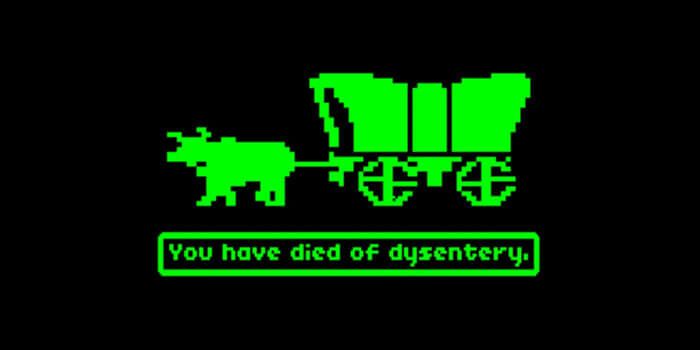Video games have long been the center of controversy, from arguments about their influence on violence in youth to online harassment claims and bullying. However, the negative issues associated with video games have done little to keep people from the entertainment they provide. In fact, the popularity of video games among youth continues to grow as mobile games find increasing success among casual gamers.
The U.S. Department of Education has been paying attention to the influence video games have on youth and seem to recognize the opportunity they provide for young people to learn. That knowledge is leading the U.S. Department of Education to seek out avenues that bring the gaming industry and education experts together to find new ways for students to continue playing video games, while simultaneously learning important knowledge and skills they will use throughout their lives.
Erik Martin of the U.S. Department of Education offered some thoughts on the importance of this issue:
"If you look at the life of a student ... a lot of students play on average about 10,000 hours of video games by the time they are graduating high school. That is almost the same amount they are spending in schools. You can imagine a lot of the time which of the two activities they might feel more engaged in or more relevant.
"If you can take that experience of getting outside of school and make it feel just as relevant and just as compelling when they're in school learning stuff and doing stuff and doing something that's interesting and educational, that's that bridging we want to sort of provide."
This is most definitely a case of 'if you can't beat 'em, join 'em.' Students enjoy video games and won't be cutting them out anytime soon, so it's a smart move for the U.S. Department of Education to find engaging ways to incorporate learning into video games.
We'll note that educational video games have long been a part of the video game industry. However, most students don't play such games for entertainment, but rather participate in them as part of their curriculum. It seems the U.S. Department of Education understands that and is seeking to find new solutions to incorporate video games into the classroom.
Michael Beadle, the associate director of public relations at Ubisoft, shared some thoughts about how teachers have and can use modern games like Assassin's Creed to teach their students:
"From the very first Assassin's Creed, which took place during the Third Crusade, to the latest, Assassin's Creed Unity, the development teams have gone to great lengths to be historically accurate on multiple levels. Over the years we've heard of universities across the U.S. using the games to engage students, compare the in-game history with the history they learned in class or simple to show students what these periods of history looking like visually."
Later this month, the Department of Education will be holding its first Games for Learning Summit in New York City, which will bring together game developers, education experts, teachers, and students to help create a bridge between the interest of game developers and the needs of students.
While the idea is exciting for both parties, it's also one that will be met with many challenges. At the moment, young people engage with video games because they're entertaining and provide an escape from the challenges in life, including school. Bringing the two together may foster disinterest among some youth, but there are many gamers who still enjoy games like Oregon Trail, which were originally created to teach youth about the history of the pioneers who ventured West across the United States.
Hopefully those who attend the Summit will be able to find solutions and opportunities that have previously been unavailable or unknown. And who knows, maybe in the future students will be assigned games like Assassin's Creed and Civilization as homework. We doubt there will be much argument from students about that.
What do you think about the U.S. Department of Education's take on video games and the opportunity they provide for learning? Share your thoughts in the comments.


